“Death Threats” and Other Poems
By Yee Heng Yeh
Catalina Ouyang - Strange Attractor (2022), Installation view, Polyester, resin, oak, single-channel video, 42:31 mins
Image description: In a dimly-lit space, an installation comprises three parts: a wooden sculpture on the rightmost wall, a pedestal in the middle ground, and an image of a nude figure in the background. On the right side of the image, the human-like sculpture, attached to the wall with metal rods, appears suspended in the air. The figure, made entirely of wood, does not have a head. The figure’s hands are held together; her arms are raised above the empty spot where her head should be. She wears a textured blue skirt, which drapes downwards. On the left side of the image, a white cloth is draped over a rectangular wooden frame, forming a pedestal on which two abstract, vessel-like sculptures are placed. The white cloth is stained with black spots. In the shadowy background is a large, horizontal portrait of a nude figure. The figure, lying on their side, gazes intently at the viewer. Various patterns are painted on their body.
Death Threats
‘A prominent transgender entrepreneur in Malaysia has received death threats after a video emerged that purportedly showed her renouncing Islam.
[…]
One wrote, “I want to stone him now”, while another wrote, “his blood is halal [permitted]”.’
—South China Morning Post, 5 March 2021.
So tell me: how will it be carried out?
Who will cry out the first invitation, set off the hunt?
Who is more like an animal—the pursued or the pursuers?
Since the options are many, who will pick the method?
Will it be improvised based on whatever’s at hand
or deliberated in advance? Which factors are considered—
practicality, symbolic value, extent of suffering?
In any case, who secures the knot that binds the wrists
and have they practised beforehand?
If by stones—what size, how many, who gets the first throw?
If by lightning, who shall invoke that bolt from the heavens?
If by a blade, will it be done with kindness—
I mean the same kindnesses applied
to the slaughtering of cattle.
Or does it not matter as long as the blood
permitted to be spilled is spilled?
As long as everyone joins in this communal affair—
even the children, perhaps, or do they just watch?
Who else will be listening to the human voice
and who still hears the words? If someone laughs,
is it because they can do nothing else?
Or are there only instructions and grim silence?
After it’s done, who will organise the clean-up
or should the scene be left as it is?
Going home, who will carry the weight
of… no, not sin, clearly the opposite of sin.
If, however, there are sleepless nights,
are they shared equally amongst all participants?
Because, out of the whole crowd, surely someone
must toss and turn? And if it could be anyone
then why not everyone. So tell me: how will you
carry it out? We don’t need the answer
right away. Take a moment. Sleep on it
while you can. I know worse has been done,
is being done right now. I say all this
for your sake as much as my own.
Catalina Ouyang - reliquary corpus (Thérèse Dreaming, 1938) (2022), Pine, plaster, color pigment, shellac, wood stain, horse hair, shells, epoxy clay, beeswax, 45 x 40 x 40 inches
Image description: A wooden sculpture of a headless human figure is suspended against a wall. The figure is that of a young girl wearing a short-sleeved blouse, a blue skirt, and shoes. Her skirt is heavily textured with shells and locks of hair. Her hands are held together and raised above the empty spot where her head should be. Her left leg is lifted up and bent; her right leg is similarly lifted up but is severed at the thigh. On the girl’s abdomen is an opening containing various objects.
Note to the Police Officer
‘At 8 PM on 19 August 2021, Malaysian authorities arrested 31 protesters that attended a candlelight vigil organised by Sekretariat Solidariti Rakyat under the #Lawan banner to mourn the lives taken by COVID-19.’
—ARTICLE 19, 20 August 2021.
If this is the growing pains of democracy,
then you, too, are part of the pain.
You, too, had a sorrow exploding in you
but you weren’t free the way we were.
You were jealous—you wanted us to share
your silence. You tried to stop
us from coming here only to save us
from yourself. You screamed at us
thinking if you were loud enough
we might not hear your hurt. You screamed
trying to wake the dead
we were mourning.
You heard that tonight the fires
of unrest had shrunk to the tips
of tiny white candles. You came wanting
to grieve with us. You came prowling
these streets as you couldn’t sleep.
The darkest hour didn’t always mean
dawn was coming—that was what
you meant to remind us when you knocked
on our doors, in this godly country,
at such ungodly hours.
Oh, you know all about what goes on behind
closed doors. You were trying to free us
from the same mistakes you made. Fatigue
grew like a cancer within your head. Night shift
or not, no one with a soul isn’t tired at 2 a.m.
if only because the city is dreaming. We saw
the dark belts under your eyes—they were heavy
as compassion.
The papers said you dragged us off
in Black Marias, but we both know it was the night
who took us, truck and all, into its wet throat.
You saw how hungry it was, how relentless—
you didn’t want us to feel alone. You
didn’t want to be alone. You felt a strange
sort of tunnel twisting in around us,
bearing us towards an inevitable knot
of tragedy. That
was why you grabbed us. You were starved
of human contact and felt yourself a ghost;
you had to see that we, at least, were flesh
and blood still. That was the truth you wanted
to confess—but who could illuminate
the dark ways of the heart
at a time like this? You wanted to explain
yourself, properly, away from the camera’s
eye, the lawyer’s ear. You took our ICs
to fit our names between your lips.
You took our banners to better study
our hand. Like a graphologist you pored
over the curves of our alphabet
and guessed at our character.
As for the roses—
admit it. You knew the dead
could never appreciate their blush
so you wanted them all to yourself.
You trapped us here with you
only because we’ve trapped you,
too. We’ve taken your eyes, ears, nose.
By now you belong wholly to us.
Don’t you know that attention,
too, is a kind of love?
Catalina Ouyang - reliquary corpus (Thérèse Dreaming, 1938) (2022), Detail view
Image description: The image shows the close-up view of a section of a wooden sculpture. In the upper right of the image, a person’s shirt collar and shirt button are sculpted in wood. Underneath the button, on the figure’s abdomen, a small niche has been carved out. A rectangular wooden lid is attached to the niche with bronze hinges. The lid is open, displaying various objects housed in the niche—these include shreds of red cloth, stones, needles, wire, and more. Underneath the niche are locks of hair atop a shell-like surface.
Letter from Altantuyaa’s Father
‘Altantuya Shaariibuu had lodged a police report the same day she went missing almost 16 years ago stating that “if something were to happen to her, they should look for Razak Baginda”.’
—Bernama, 18 May 202
My daughter,
your words have travelled
sixteen years to reach us.
We are trying our best
to honour your last message,
but there are too many blanks
to be filled, too many ghosts
in this story—
and I don’t just mean you.
The man who fled to Australia,
who packed into his suitcase
his still-beating heart and the truth,
is a ghost.
The other man whose family
has written him off as dead
is a ghost.
The informant who tipped
his words down the sink
and rinsed his hands
is a ghost.
The investigator who returned
into the arms of a heart attack
is a ghost.
The journalist propelled onto a plane,
the trees and their watchful whispering,
the first lips that spoke the command:
all ghosts.
A ghost, too, who took
your place in the photo,
who passed through the gates,
who sat in during the purchase
of submarines.
Or that was you,
gloved in the slippery skin
of a different name.
From that you’d learned
how language always betrays
the truth.
From that we’d learned
how a woman is made a ghost:
it takes only a second, give or take
a bullet, an explosive.
Yet to reverse the process—
to keep a ghost a woman—
takes a family’s lifetime
of holding onto the long hook of the law
so that she doesn’t sink into myth.
So that she remains smaller than life.
My daughter, I know it’s not easy
to speak in two tongues,
to be the bridge between two realms—
so many things get lost in translation—
but oh, just send me
a word, any word,
from where you now are.
Yee Heng Yeh is a writer and translator from Malaysia. His poetry has been featured in The KITA! Podcast, adda, Strange Horizons, A Wasteland of Malaysian Poetry in English, a few local anthologies, and was shortlisted in the Malaysian Poetry Writing Competition 2021. His translations of poetry have been published in Mantis and Nashville Review, while his story “Cockroach,” first published in Imprints, also appeared in Guernica. You can find him on Twitter @HengYeh42.
Catalina Ouyang engages object-making, interdisciplinary environments, and time-based projects. Working with a variety of materials including hand-carved wood and stone, appropriated literature, and artifacts, Ouyang invents critical reimagings of historical formation. Ouyang's work has been the subject of solo and group presentations at Night Gallery (LA), SculptureCenter (NYC), the Aldrich Museum (Ridgefield, CT), Lyles & King, (New York), Jeffrey Deitch Gallery (NYC and LA), Asia Art Center (Taipei), Galerie Kandlhofer (Vienna), and others. Their work is in the collections of the Nasher Sculpture Center, Columbus Museum of Art, Brooklyn Museum, Perez Art Museum, Cantor Arts Center at Stanford University, Kadist Foundation, Pond Society, X Museum, and Faurschou Foundation. Ouyang received an MFA from Yale University and lives and works in New York City. They are represented by Lyles & King in New York and Make Room Gallery in Los Angeles.
If you’ve enjoyed reading this article, please consider making a donation. Your donation goes towards paying our contributors and a modest stipend to our editors. Singapore Unbound is powered by volunteers, and we depend on individual supporters. To maintain our independence, we do not seek or accept direct funding from any government.




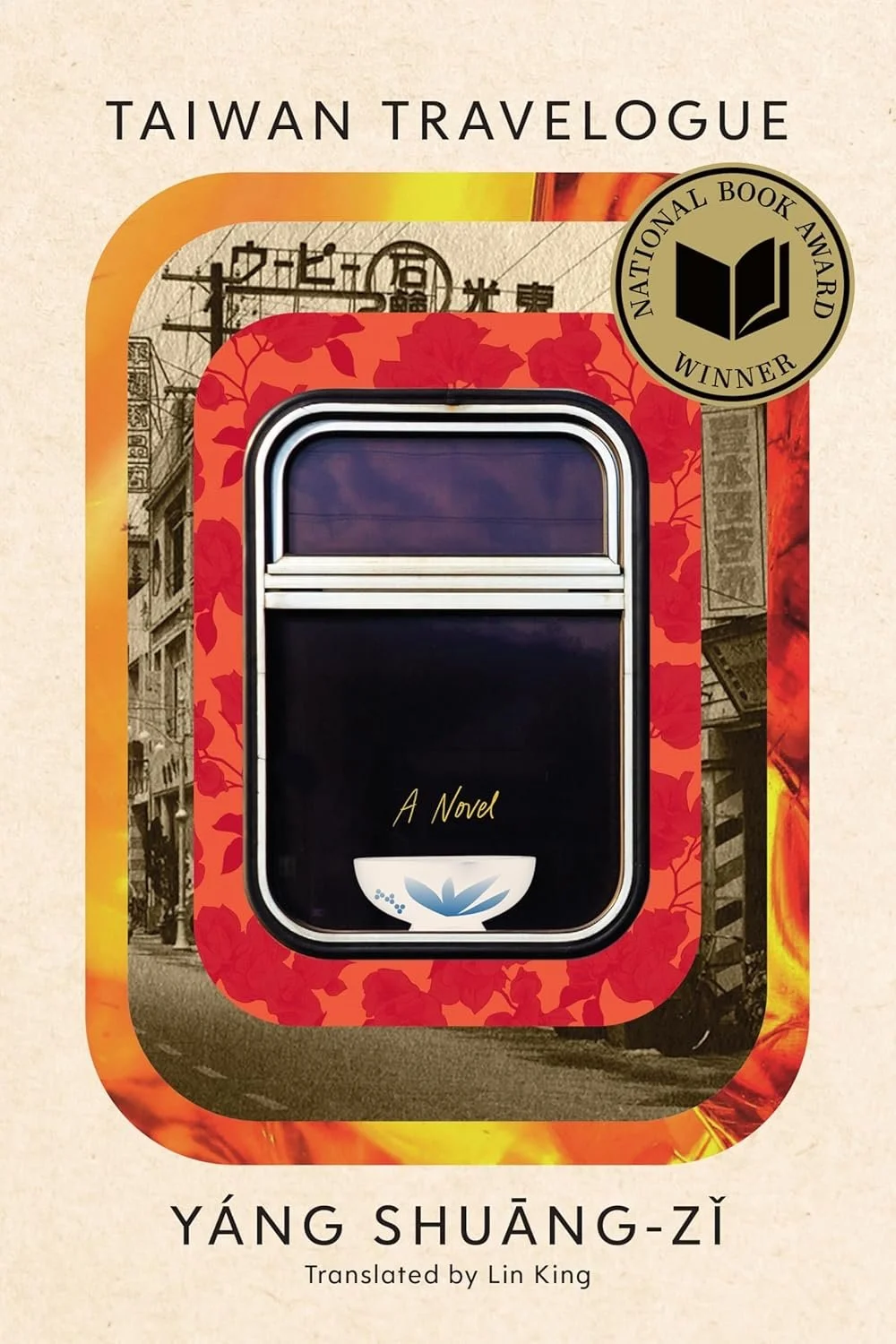
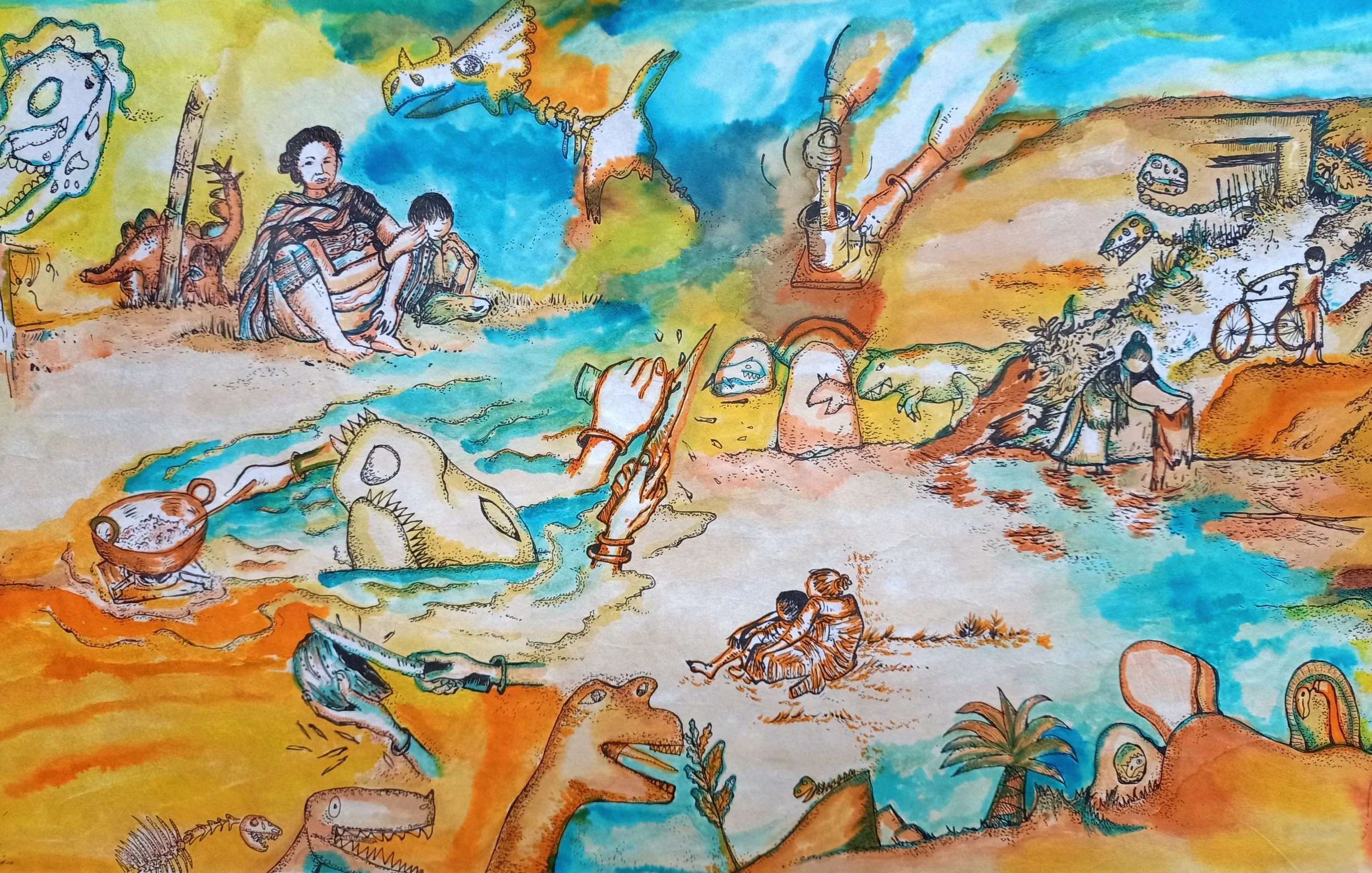
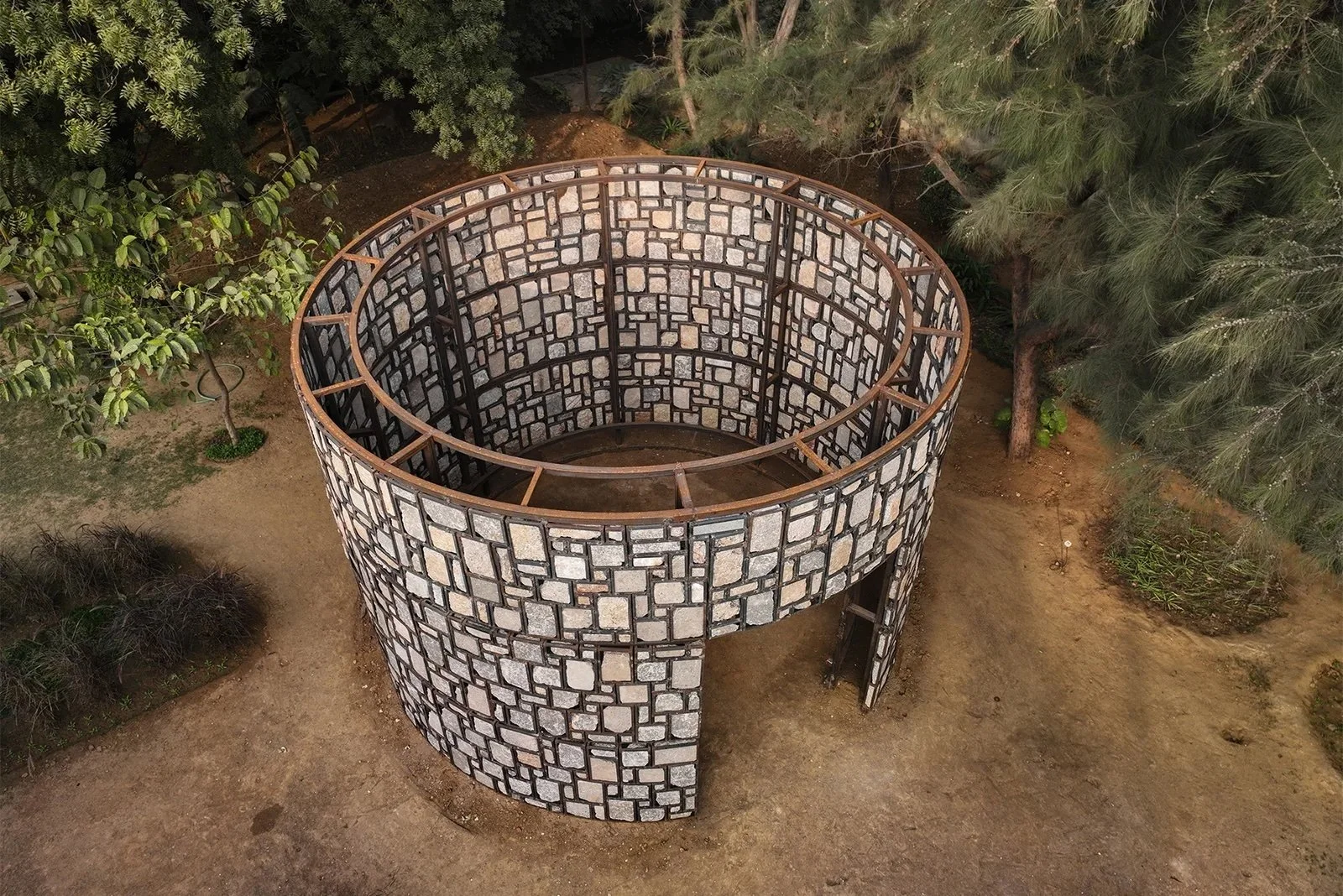
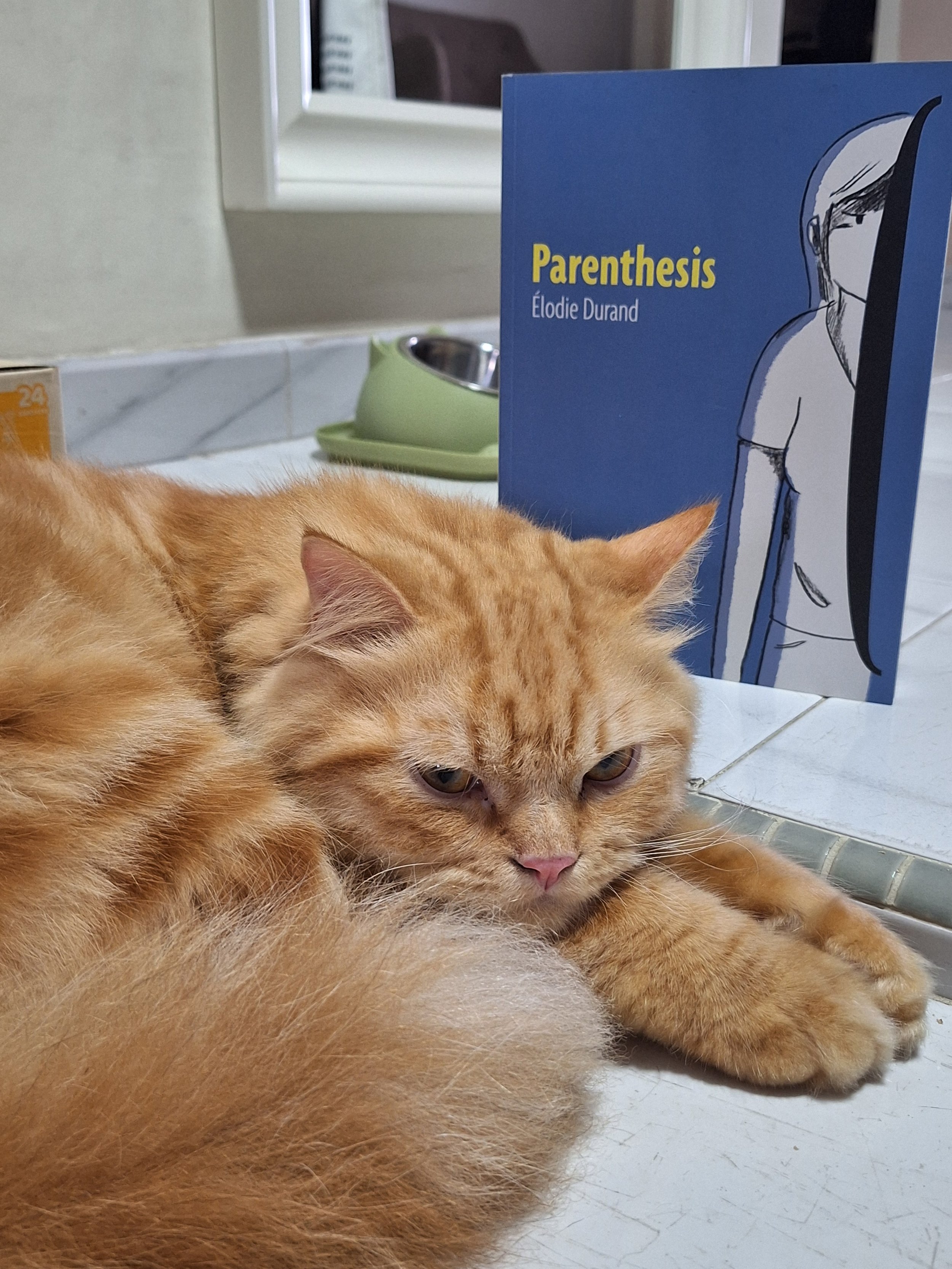
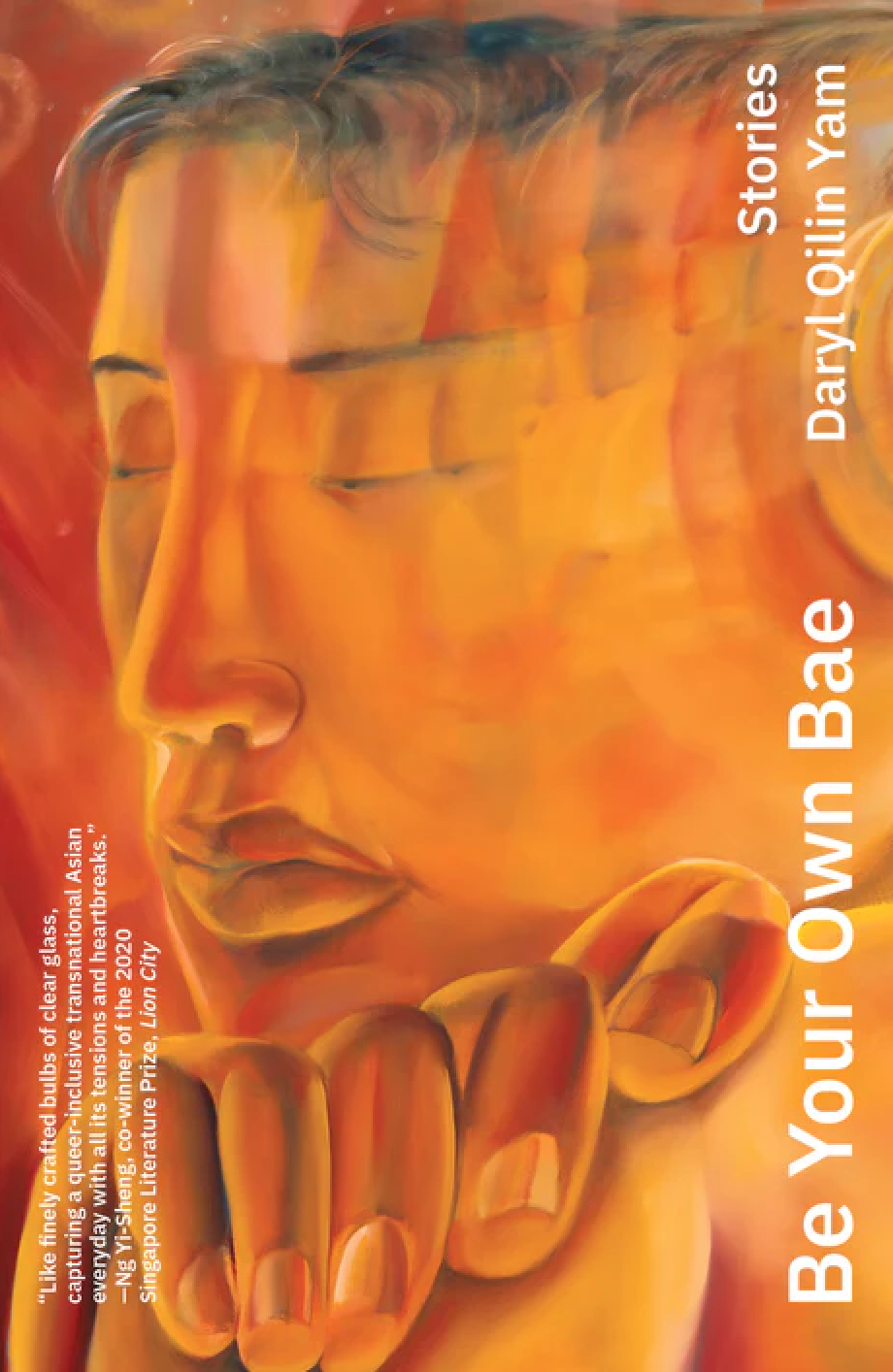
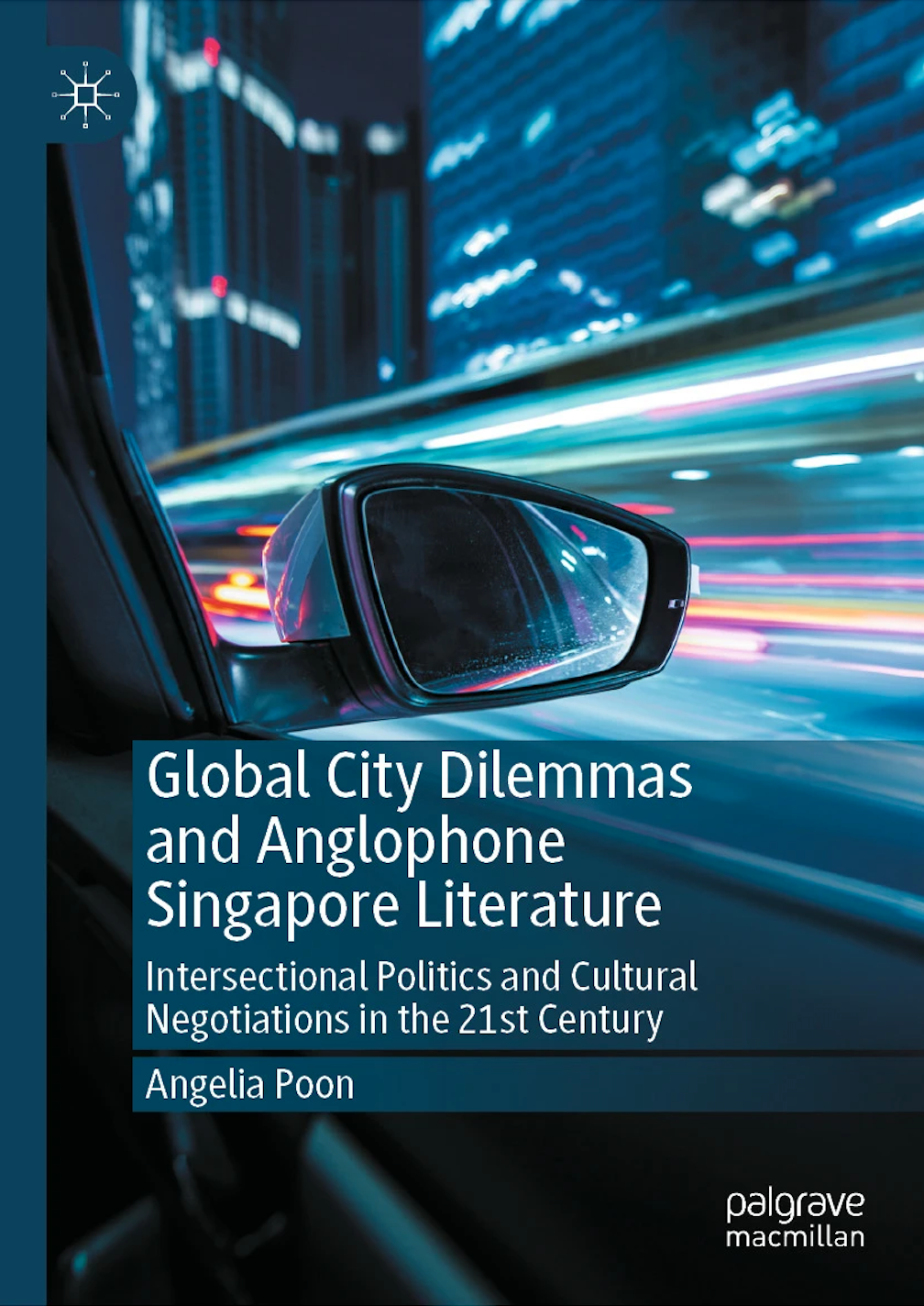
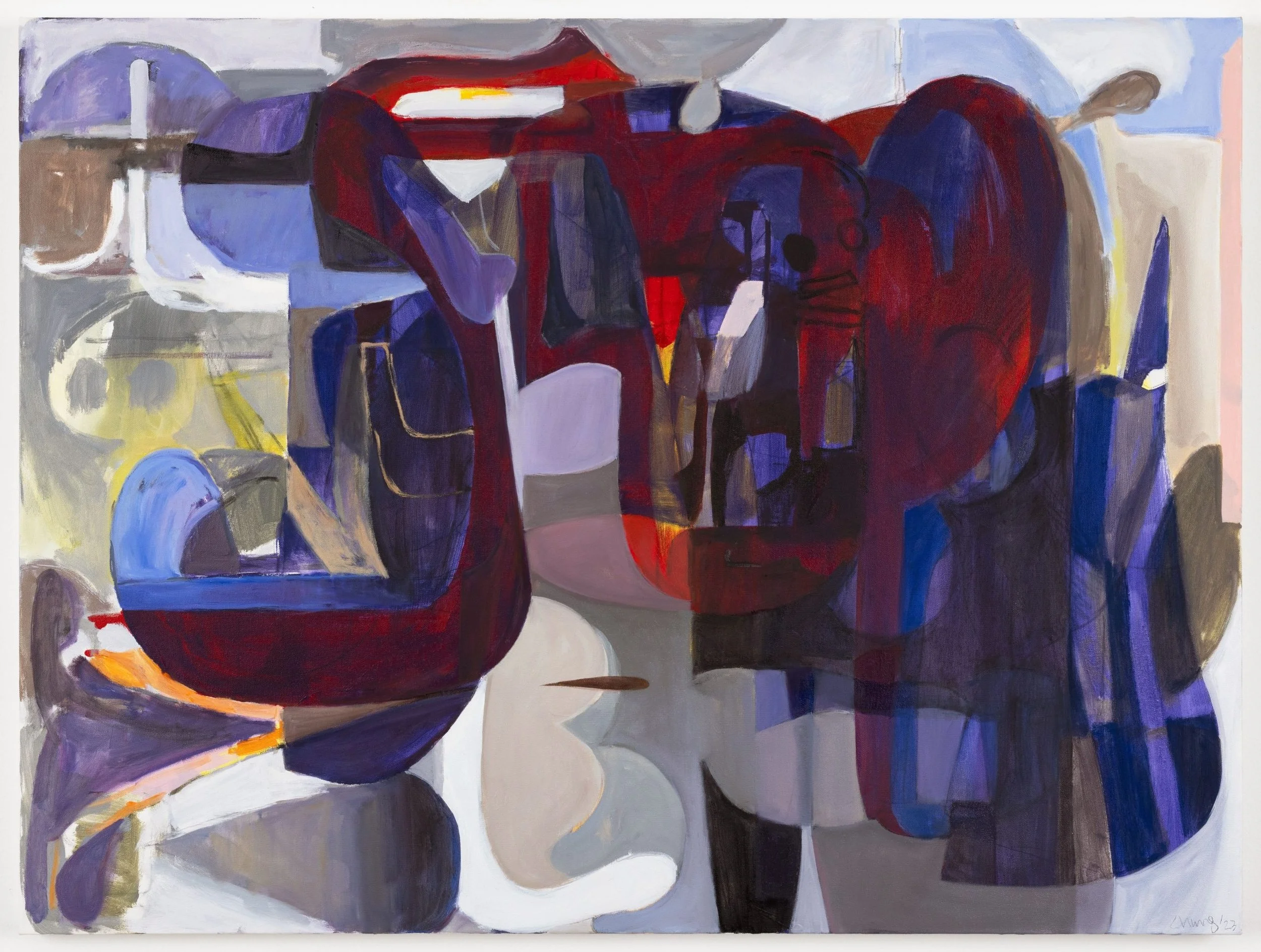
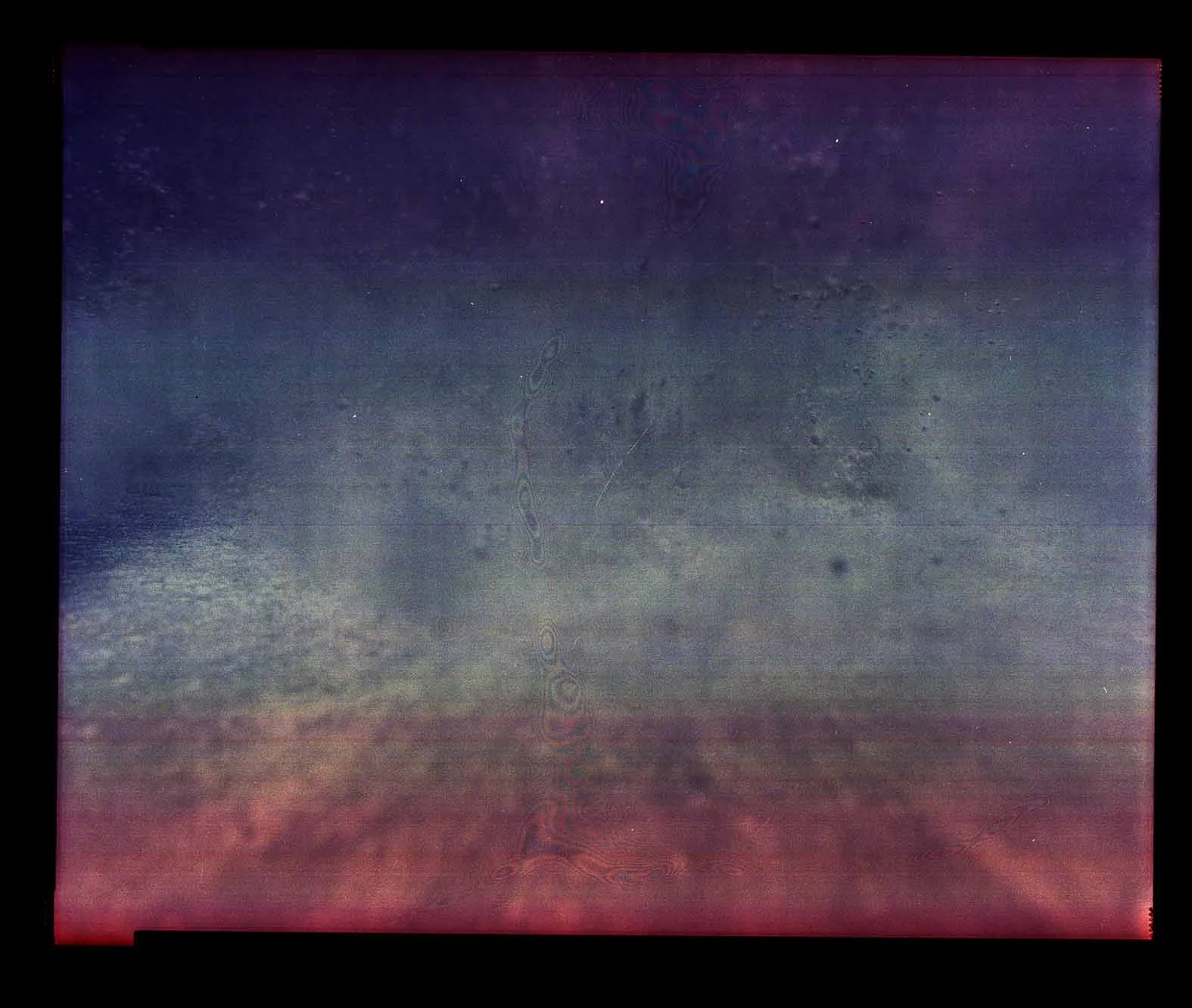
‘Style, tone, and form aren’t just decoration—they’re the architecture of meaning... A plastic chalice cannot hold sacred wine.’ – an essay on meaning-making by Chadawan Yuddhara.